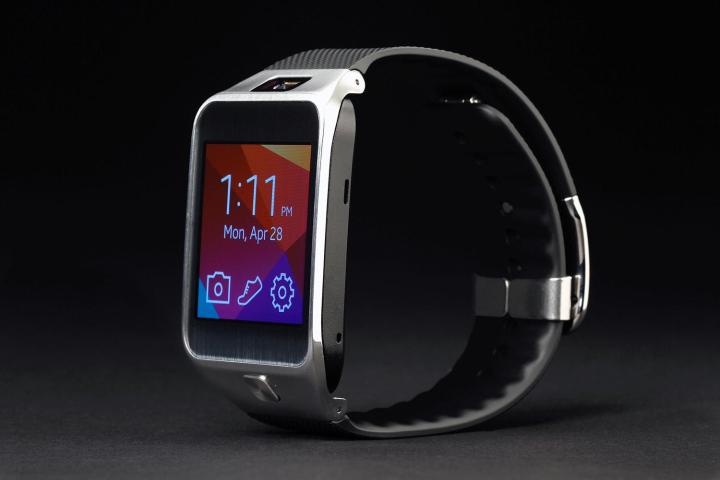
Apple, Samsung, and Google are all eager to tap into the health and fitness wearable market. Samsung has already launched a host of wearables, Google will most likely debut a few Android Wear smartwatches this week, and Apple is expected to unveil the iWatch this October, following the introduction of HealthKit in iOS 8. Now, a new report hints that all three companies are looking into adding unobtrusive sensors to measure glucose levels for diabetics.
According to Reuters, all three companies have either hired leading scientists and doctors who study diabetes, or have spoken with U.S. officials in regards to regulation and requirements for glucose-tracking wearables. The FDA reportedly told Apple in December that a wearable with a glucometer would be classified as a medical device and face regulation if it was marketed to diabetics as the ultimate tool for tracking glucose. However, if that same wearable were only intended to be used to measure glucose for nutrition, it would not be regulated.
Obviously, the three big tech companies hope to avoid regulation and will, in all likelihood, focus mainly on health awareness and fitness, instead of medical applications.
It’s unclear whether creating a wearable that can accurately track glucose levels without being invasive is possible or not.
Apple has not announced its intentions for the wearable market yet, but recent reports indicate that the rumored iWatch will have more than 10 sensors and most of them will be health or fitness-related. One of those sensors could very well measure glucose, especially in light of Apple’s recent decision to hire bio sensor engineers from failed startup C8 Medisensors.
Sources say that Samsung is also developing glucose sensors for future Gear smartwatches. The company is working with startups to develop a traffic light system of warnings regarding Gear users’ glucose levels. In addition to these reports, it is said that Samsung contributes a lot of money to some companies that focus on glucose measurements.
Google, on the other hand has been entirely open about its plans to incorporate a glucose sensor into a pair of contact lenses. The smart lenses would measure the amount of glucose present in the water of the eye and then LED lights would illuminate to warn the user about high or low blood sugar. Of course, this technology isn’t possible to create just yet and many are skeptical about the project’s future.
It’s unclear whether creating a wearable that can accurately track glucose levels without being invasive is possible or not. However, three of the biggest tech companies in the world seem to be looking for a solution. Proposed methods for tracking blood sugar unobtrusively include electricity, ultrasound, light, and more. Some even hope to simply measure glucose through the skin without any interference.


